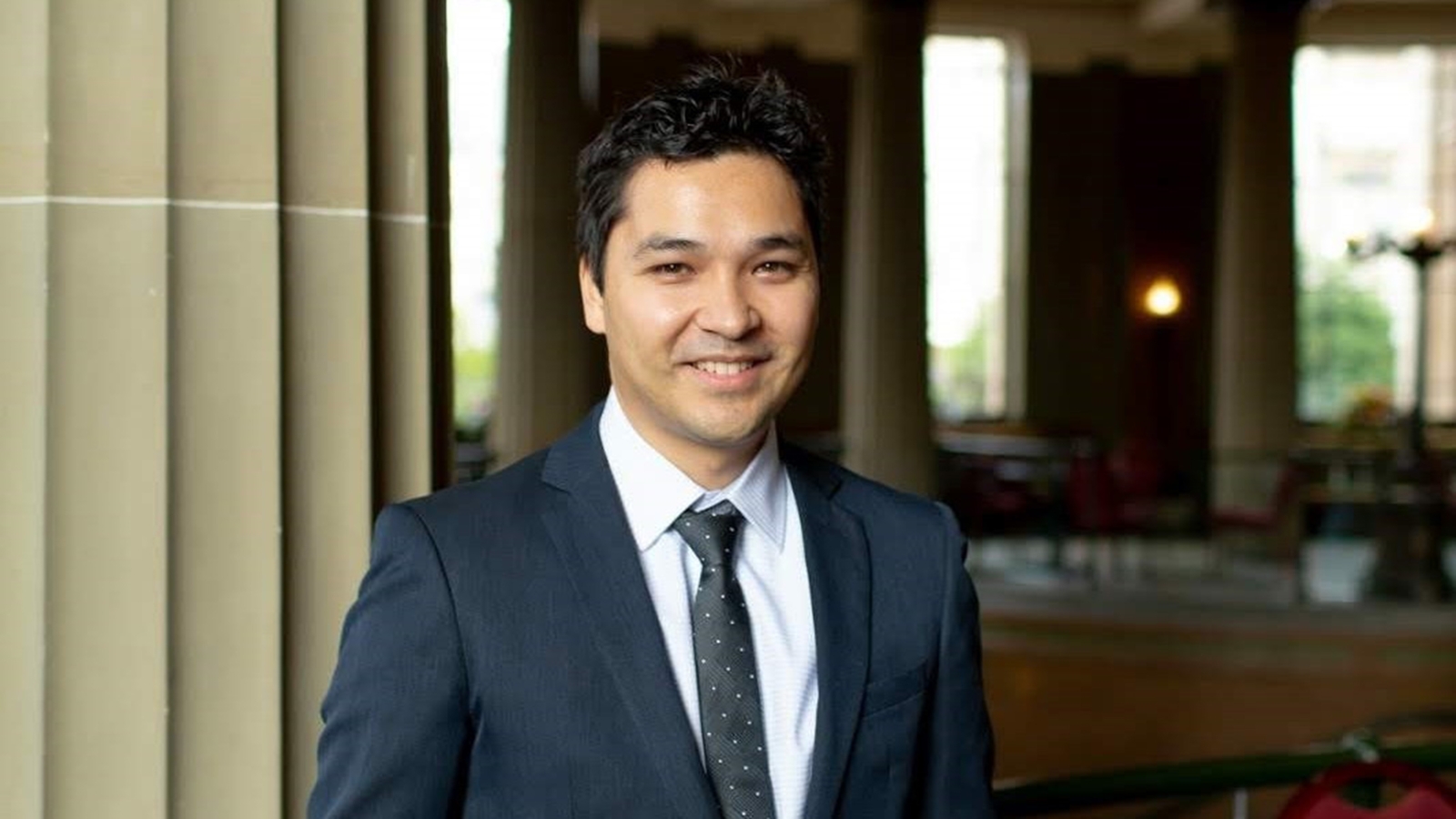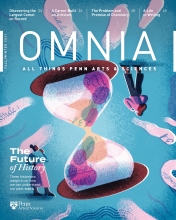Unconscious Memory
Damian Pang, Penn LPS Online Certificate in Neuroscience graduate, may have discovered a new type of memory.

One of the great mysteries of science is the nature of consciousness. How do human beings perceive themselves and the world?
“Consciousness is one of the final frontiers of science that we still know so little about as human beings, which is ironic considering it’s our most immediate experience. It’s a subject that has fascinated me since my youth,” says Damian Pang, who completed the Penn LPS Online Certificate in Neuroscience in 2021 and recently co-authored an article in the journal Scientific Reports on unconscious memory.
Pang has an M.Sc. in psychology from the University of Liverpool but felt that he was lacking a strong foundation in neuroscience. The Penn LPS Online Certificate in Neuroscience was the ideal solution to gain additional knowledge and skills while still working full time as an airline pilot out of Hong Kong.
“Psychology taught me a lot about the behavioral aspects of the mind, but I was lacking a deeper understanding of the underlying biological processes. The Penn LPS certificate helped me to dive deep into neurobiology and understand how the brain works on a fundamental level. Through the certificate, I came to understand the theories of cognitive neuroscience that I’d been engaging with for over a decade in a more profound and encompassing way, which really helped me as I conducted research on consciousness,” he says.
The LPS Online Certificate in Neuroscience is designed for busy adult learners and explores biological, psychological, and clinical approaches to understand the nervous system as the biological basis of behavior. Classes cover topics in neurochemistry, neuroendocrinology, and pharmacology to gain deeper insight into behavior, focusing on areas including perception, social behavior, mental health, and the effect of drugs on the function of the central nervous system. Participants take four courses and can add two additional course to get an advanced certificate, which Pang is currently pursuing. The Certificate in Neuroscience is one of nine certificates with a focus on accessibility and flexibility that is offered by Penn LPS Online.
Pang partnered with University of Liverpool professor Stamatis Elntib to complete basic research probing whether information stored in the brain without awareness can be consciously accessed. They conducted experiments using a technique called visual masking. Pang explains, “With visual masking, you show a participant an image for a very short amount of time and then, immediately distract them with a different image. This reduces the way they see the first image to the point where, if done correctly, they will not perceive the first image at all.”
Pang’s research took that technique a step further by repeating the process with the same images to see if that repetition made a difference in participants’ recall. It did make a difference, which could have significant implications for the study of unconscious memory.
“The leading theory has been that the second image kind of erases the first image so that it’s not perceived by the brain; however, if that were true, it wouldn’t matter how many times you repeated the images because you start from a blank slate,” says Pang, who tried the experiment himself. “That’s not what we found. In fact, we found that if you repeat the imagery within a short timeframe, people actually start seeing it very clearly. That means the image doesn't get erased, and if it doesn't get erased, it must be stored somewhere in order to influence your subsequent experience. If our interpretations are correct, this would suggest a new type of memory.”
This research may show that human beings have a short-term memory buffer that saves incoming information below the level of consciousness when the brain is not 100 percent sure that the information matters, says Pang. However, that information can be brought into conscious awareness when, in this case, that information gets deemed important through repetition.
Pang is hopeful others will independently verify his findings and is evaluating additional data that he plans to publish in the future. In the meantime, he’s looking forward to continuing his neuroscience education while living in Asia with his family and flying around the globe as a professional pilot. He’s currently preparing to take neuroscience courses in autonomic pharmacology and psychopharmacology to complete the advanced certificate at Penn.
“Consciousness is the bedrock of our human experience. It's so important to every single person on the planet but it's this massive question mark. For me, this is the big intrigue and fascination that I can’t stop exploring. The Penn certificate made it convenient for me to fill in my neurobiology deficit to make my research into consciousness stronger.”



